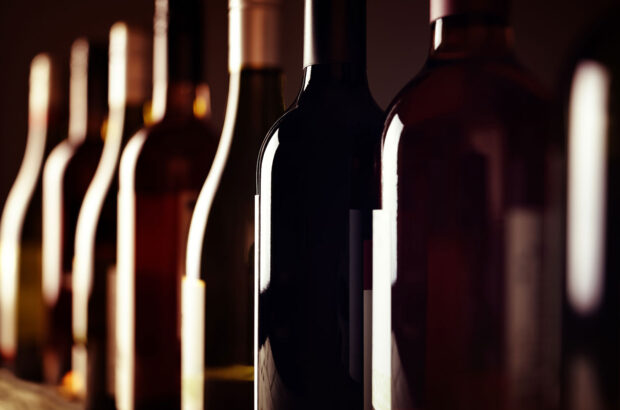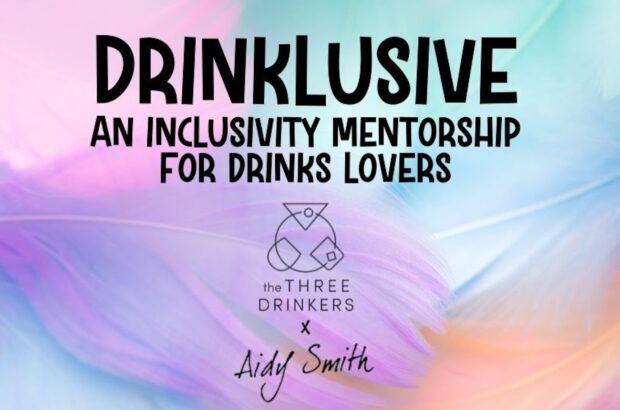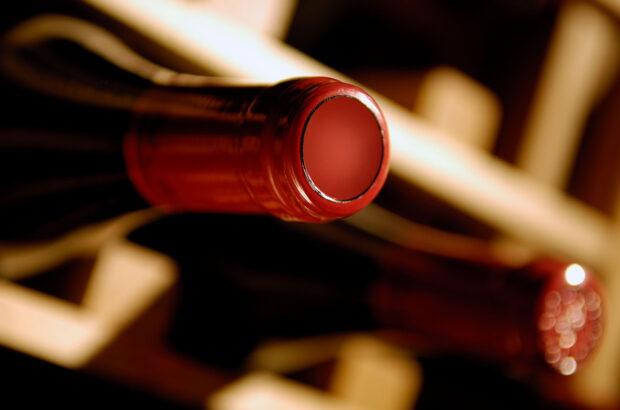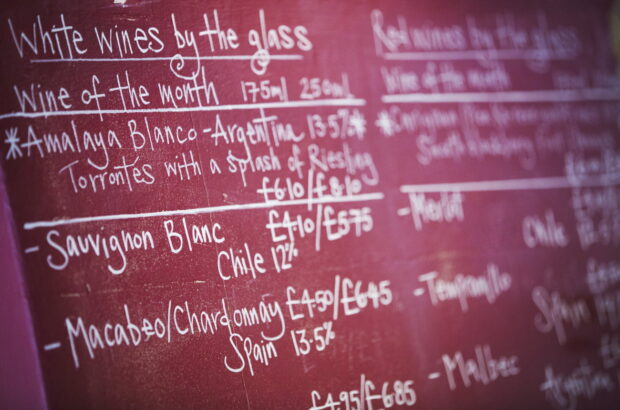Sydney's inaugural 'natural' wine fair is already attracting controversy, with one wine writer saying quality winemakers are annoyed by the 'natural' label.
‘Natural’ wine: ‘divisive’
Rootstock Sydney will offer over 100 wines from more than 30 producers who ‘share common philosophies on viticulture, winemaking and sustainability’, the festival’s website says.
The majority of exhibitors are Australian, with a handful from Italy, France, Greece, Slovenia, the US, New Zealand and Spain.
Australian wineries include Jauma, Shobbrook, Lucy Margaux and Paxton; Radikon and Giuseppe Rinaldiare coming from Italy, and Milton Vineyards, Pyramid Valley and Rippon from New Zealand. All are available in the UK.
Set up by Giorgio De Maria, owner of Sydney wine bar 121 BC, wine writer Mike Bennie, and James Hird, owner of the Wine Library bar, the festival is subtitled the Sustainable and Artisan Wine and Food Festival.
‘We don’t feel the need to use the term “natural”‘, Bennie told Decanter.com. ‘We don’t want to be dogmatic. Artisan and sustainable are as indefinable as the term natural, and are certainly bandied about as often, but unfortunately we have no other way of telling the consumer these wines are slightly different, as in handmade with more pastoral origins as opposed to more mechanized industrial farming.’
Bennie believes there has been a significant increase in interest in Australia for wines of a more ‘lo-fi’ nature, ‘as consumers move towards more understanding of provenance. A lot of the wines that fall under the “natural” umbrella are celebrated here and seen to be successful.’
Bennie also referred to the success of overseas natural wine festivals as a model for Sydney’s. However, while fairs like London’s Real Wine Fair and RAW drew thousands of visitors, they also proved divisive.
According to Australian wine journalist Max Allen, this discord exists in Australia too: with the dominance of large-scale producers, smaller independent winemakers already consider themselves ‘natural’ or ‘artisan’.
‘In many cases they’re not working that far off “natural” anyway. There is a lot of industrial wine made here, but at the smaller level, most Aussie winemakers are already pretty much doing the right thing. So with “natural” wines coming up as a rebellion, some winemakers feel that perception is unwarranted.
‘There are a lot of cranky Aussie winemakers out there who have let “natural” winemakers get under their skin and it’s really annoying them.’
Bennie, however, reckons that most consumers are not aware of the conflict, and that even in the trade it is far less pronounced than it is elsewhere in the wine world.
‘It’s an in-trade conversation. Certainly there are people who are rightly challenging “natural” wine and what it means. But most Aussies just care if the wine’s good.
‘In Australia to draw lines in the sand, as in “us versus them” isn’t our thing. We want an inclusive fair, and the wines are a great talking point in helping communication between producers and the consumer.’
Rootstock Sydney takes place on 17 February 2013.
Written by Christina Pickard in Perth







